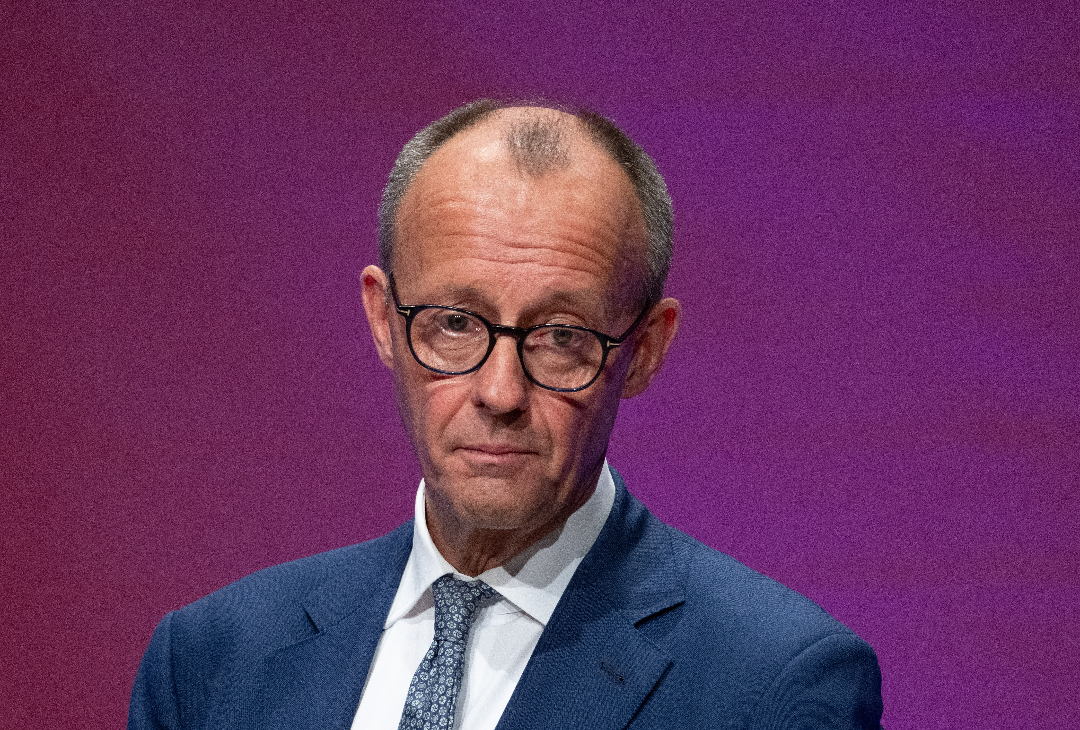If the German political class generally pays limited attention to Austrian politics, its southern neighbor’s convulsed start to the year has forced them to ask what it means for Germany. After Chancellor Karl Nehammer from Austria’s center-right People’s Party (ÖVP) announced his resignation, his party signaled its openness to forming a government with — and led by — the far-right Freedom Party (FPÖ).
Even in the run-up to last September’s Austrian federal elections, Nehammer had not ruled out working with the FPÖ. The two parties have governed together in the past, most recently in 2019, albeit with the far-right party as the junior force. Still, Nehammer had at least promised the conservatives would not accept the FPÖ’s leader Herbert Kickl (who they labeled a “security risk”) as chancellor. Now Kickl looks closer to power than ever.
For a while, it seemed the conservatives would maintain their promise. This would have allowed them to retain the chancellorship despite the FPÖ pushing them into second place in vote totals. But then came the collapse of the negotiations to form a coalition between the conservatives, the Social Democrats, and the neoliberal NEOS. Now talks between the FPÖ and the ÖVP suggest that Kickl is halfway into the federal chancellery in Vienna.
This news from Austria reaches Germany just ahead of its own February 23 federal elections. The center-right Christian Democratic Union (CDU), together with its sister party in Bavaria, the Christian Social Union (CSU), is comfortably leading polls, with around 30 percent of voting intention. It is followed by the far-right Alternative für Deutschland (AfD), now polling above 20 percent — and poised to double its support compared to the 2021 contest,…
Auteur: Marc Martorell Junyent

